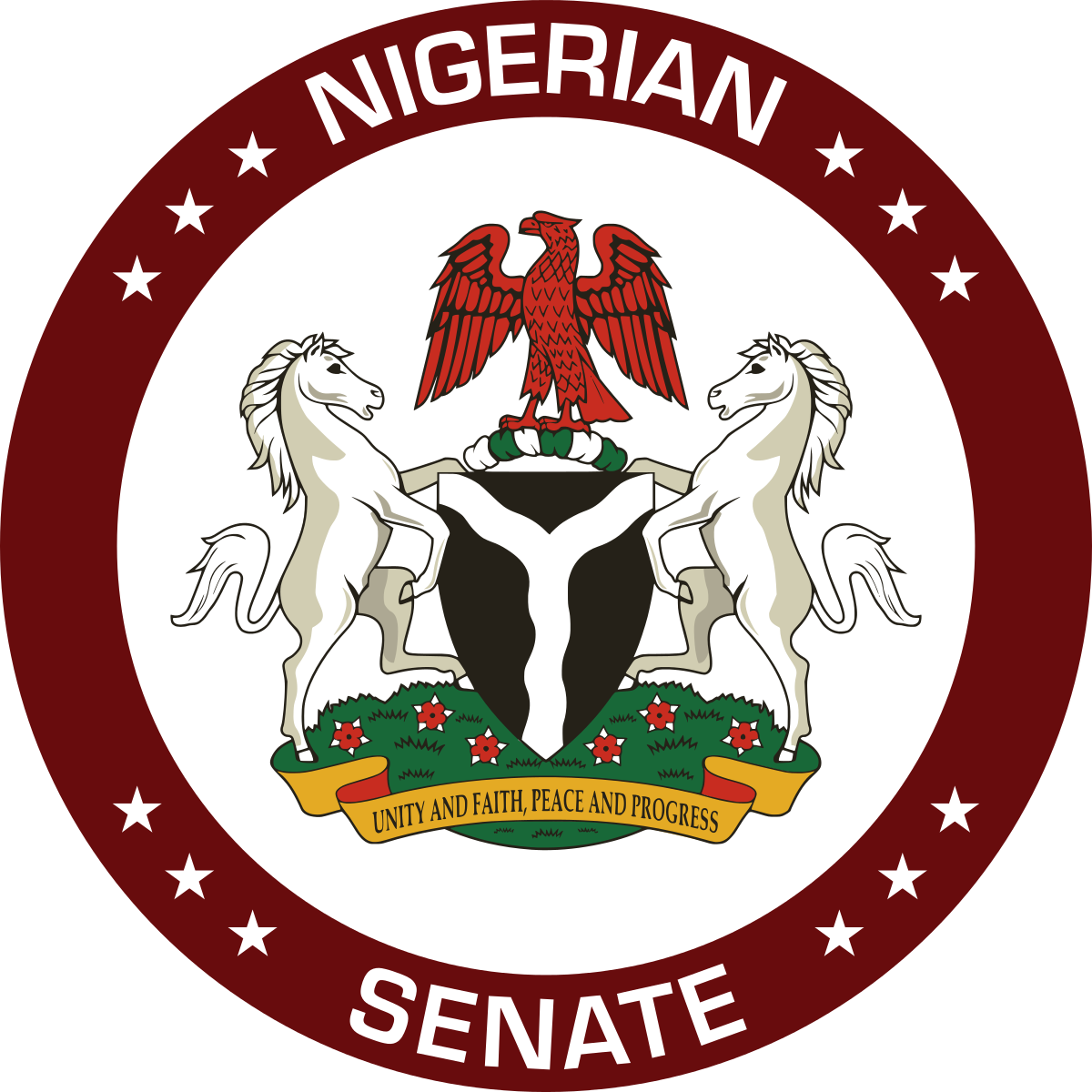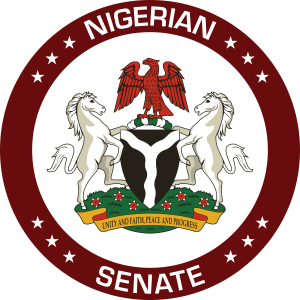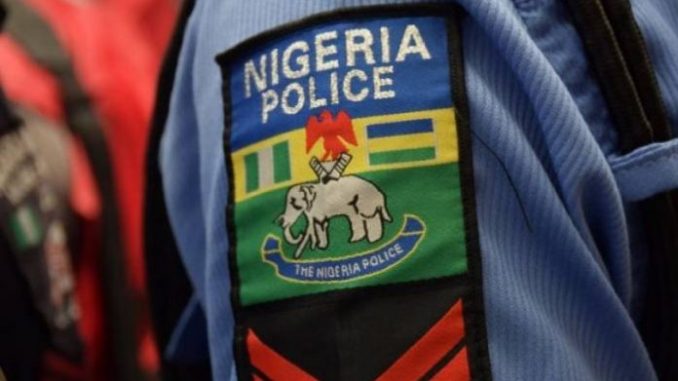The Senate has again passed the 2018 Electoral bill for the fourth time, retaining N5bn as expected maximum expenses to be spent by Presidential candidates on the platform of registered political parties for the most exalted position in the land.
It also retained the maximum expenses for governorship position at N1billion but made an upward review of maximum expenses to be incurred by candidates running for senatorial seats from N100m to N250m. Similarly, it raised the expenses of those running for the House of Representatives seats to N100m from N70 million as amendments in clause 25 of the bill.
Other clauses of the bill totaling 38, were adopted by the Senate as recommended by its committee on the Independent National Electoral Commission, INEC, headed by Senator Suleiman Nazif ( PDP Bauchi North).
Nazif had in his lead debate on the bill last week, explained that clause 25 ,section 91 which stipulates limits of expenses to be incurred by candidates in the general elections, also stipulates penalties to be incurred by any candidates who spends beyond approved expenses. The penalties as recommended by the committee and adopted by the Senate are for any of the candidates for the various elections who spends beyond approved expenses, payment of 1% of the money or imprisonment for a term not exceeding 12 months or both. According to the section, no Individual or entity shall donate to a candidate more than N10 million or the individual risks penalties stipulated for candidates who spend beyond approved expenses, just as section 91(10) stipulates that “ a candidate who knowingly acts in contravention of this section, commits an offence and is liable on conviction to a fine of 1% of the amount permitted as the limit of campaign expenditure under this Act or Imprisonment for a term not exceeding 12 months or both.
Severe penalties for omission of name or logo of a political party by officials of the Independent National Electoral Commission, INEC, are also stipulated in clause 32 , section 140(4) of the bill. The section states : “Where election is postponed due to omission of a political party’s name or logo, the commission’s officer responsible for such printing of party names or logo commits an offence and is liable on conviction to imprisonment of two years or a fine of N2m.”
In the amendment, especially section 140(5), “if, at the point of display or distribution of Ballot Papers by the Commission, a candidate or his agent discovers that his Name, the Name or Logo of his party is omitted, a candidate or his agent shall notify the commission and commission shall: A, postpone the election to rectify the omission; B, and appoint another date to conduct the election, not later than 90 days. C. Where the election is postponed due to omission of a political party’s Name or Logo, the Commission’s officer responsible for such printing of party names or Logo commits an offence and is liable on conviction to a fine of N2,000,000.00 or imprisonment for two years or both.” In the passed Electoral Bill, Clause 8, section 33 also has provisions for way out in the event of death of candidate of any political parties in course of election as it happened in Kogi State in November 2015, when Abubakar Audu died as gubernatorial candidate of the All Progressives Congress ( APC).
The section reads: “Provided that in the case of such withdrawal or death of a candidate, the political party affected shall, within 10 days of the occurrence of the event, hold a fresh election to produce and submit a fresh candidate to the commission for the election concerned.’’
It would be recalled that both chambers of the National Assembly had on three different occasions, between February and July this year, passed and transmitted electoral bills for assent to the President without success due to one infraction or the other.
The first one passed in February was refused assent by the President due to reordering of election sequence provisions contained in it. The second one passed and transmitted in June was not considered in any way by the President, while the third one transmitted in July was refused assent by the President due to alleged “cross referencing error, fears of increased cost of conducting elections”, among others.
Electoral Bill passed at the Senate for the fourth time






